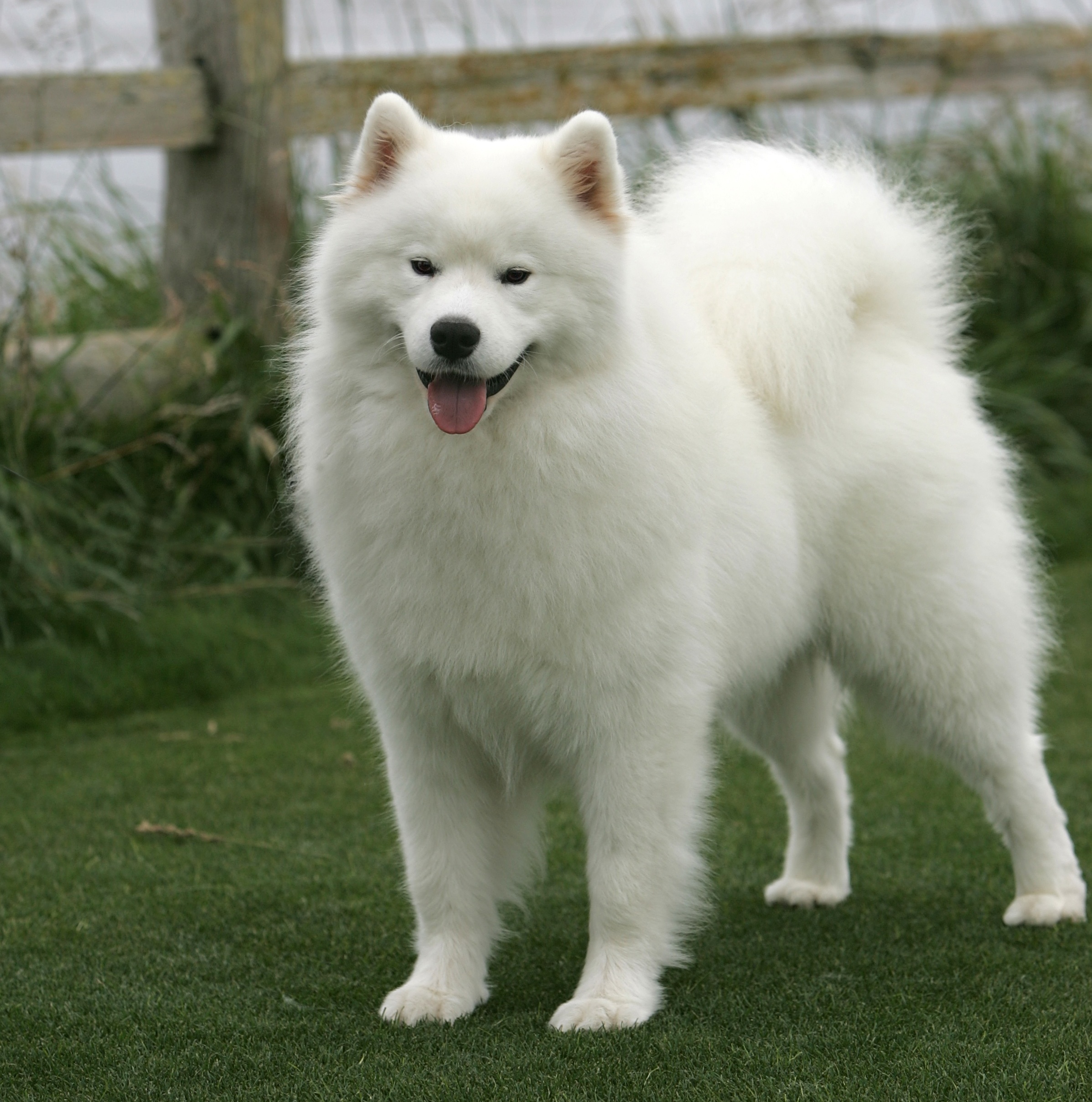AKC Gazette breed column—An experienced dog trainer points out how puppy classes and early socialization help ensure a puppy will become a well-adjusted, well-mannered adult dog.
As a professional dog trainer, I get calls every day from owners looking for help. The discussion starts with me asking how I can help them. If the caller tells me that they just got their puppy from the breeder at 8 weeks (or older) and goes on to say that the puppy is “so smart” and they are calling because the breeder told them to call right away to get signed up for puppy class, I am thrilled! These puppies are a joy to work with, and usually within the first few weeks of puppy classes they are doing puppy sit-ups, racing across the floor on the recall, and walking on a loose lead. They almost always play well with others and have few fears. However, all too often I get calls from owners who brought home a puppy months ago at 6 or 7 weeks old, and their youngster is now close to a year old and needs to learn some manners. The motivation for the call is usually frustration with an active puppy who is quickly becoming a problem dog. They are almost always high-energy, medium to large breeds like Samoyeds. The owners are trying to wear them out through play, but the only ones worn out are the humans. The truth is these puppies need exercise for their minds just as much as for their bodies.
The first essential: Early socialization There are many things breeders and owners can do to ensure well-socialized puppies who are ready and eager to learn. In fact, with a small amount of effort, a breeder can send home puppies at 9 or 10 weeks who are almost housebroken and who readily come when called and sit at the feet of their new owners. A systematic approach to puppy socialization can prevent many problems. I keep a checklist and give one out to new puppy owners. Following are some things puppies need to be exposed to:
- Walking surfaces — cement, hardwood, slippery floors, outdoor grass and dirt, pebbles, grates, and water.
- People — Puppies should meet at least 100 people in their first four months of life. The people should be of varied types and age groups and ideally include men, women, children, people of different races, people wearing hats or big coats, people with walkers or wheelchairs, and so on.
- Sounds — Household sounds, television, music, traffic, thunder, children, machines, blow-dryers, vacuums, and more.
- Environment — Being alone, being with one other or several other pups, and being at large gatherings.
- Other animals — Being around cats and birds and farm animals.
- Touch — Soft touch, play touch, brushing, water hose, blow-dryers, nail clipping.
- Simple obedience — Come when called, sit and down, walk on a lead.
Puppy classes and beyond Breeders and new owners alike need to appreciate the value of early and thorough socialization by way of puppy classes as well as continued obedience classes.
The AKC Puppy S.T.A.R. class is a valuable beginning. Breeders should emphasize the need for not only this program but also continued obedience classes with a positive-reinforcement trainer. Owners who commit to not just puppy class but going on to Canine Good Citizenship will reap the benefits in a dog who is well behaved and truly a good friend. The earlier they can get enrolled, the better! Requirement for participating in classes can even be written into contracts, and breeders can follow up with recommendations for trainers.
Two good resources for finding local trainers are the AKC website and that of the Association of Professional Dog Trainers. Veterinarians can also recommend good local trainers. Please make that first call the one the trainer just loves to get! —Elizabeth Wells, Ph.D.
For more information on Samoyeds, you can contact the breed's parent club, the Samoyed Club of America. Read more AKC Gazette breed columns here, and follow us on Facebook.


